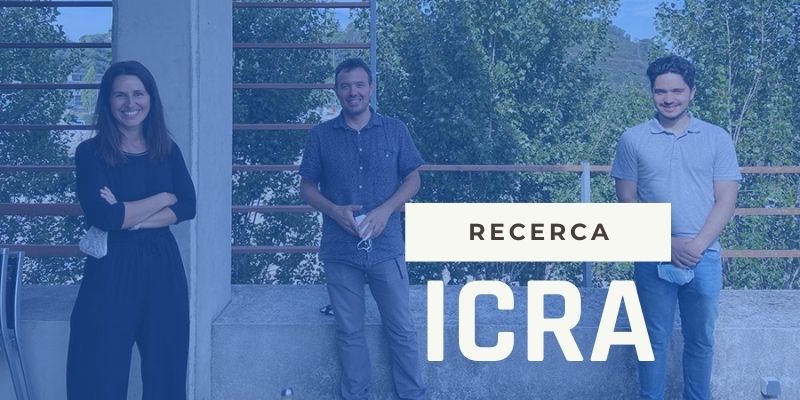Services

The Inventive Forecasting Tools for Adapting Water Quality Management to a New Climate project, abbreviated as inventWater (details at inventwater.eu), is a new European Training Network funded by the H2020 MSCA Innovative Training Networks (ITN) program, coordinated by the ICRA. The main goal of inventWater is to organize a platform that provides cutting-edge interdisciplinary education for the water quality experts of tomorrow. The main activity is the training program, focused on the development and real-world application of innovative water quality forecasting tools on a variety of time scales, to support decision making fast and reliable, as well as long-term adaptation policies. The network is composed of 15 research projects that will train the 15 Early-Stage Researchers (ESR) housed in various institutions: Catalan Water Research Institute (Spain), Aarhus University (Denmark), Dundalk Institute of Technology (Ireland) , Helmholtz-Centri for Environmental Research (Germany), International Institute for Applied Systems Analysis (Austria), Ruhr-Universitaet Bochum (Germany), The University of Stirling (UK), Vrije Universiteit Brussel (Belgium), Wageningen University (Netherlands) and Marini Institute (Ireland).
Leveraging a unique confluence of recent technical developments and the consolidation of appropriate scientific networks, inventWater will train the next generation of water quality modelers who will take the science of water quality prediction to the next stage. In this way, inventWater’s doctoral projects seek, on the one hand, to develop new forecasting methodologies for water quality predictions, on the other hand, to support, improve and promote the management of water quality water by exploiting cutting-edge forecasting techniques on different time scales and finally quantifying how adaptation actions will counteract the effects of climate warming on water quality, carbon emissions of lakes and reservoirs and the connection between food, energy, water and the environment. This will not only result in innovative and risk-taking fellows who push the state of the art further, but also water professionals who will be at the same time entrepreneurial and attentive to the diversity of human dimensions (geographic, gender, cultural) in the context of a world impacted by climate change.